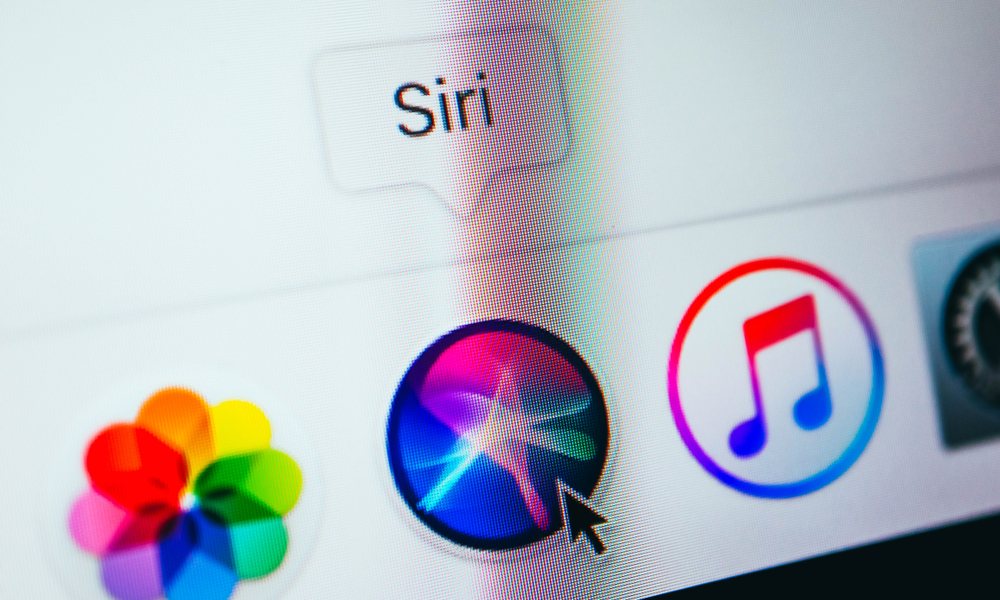Head of Siri Departs as Apple Refocuses Siri Team on Longer-Term Research
 Credit: FOXARTBOX / Shutterstock
Credit: FOXARTBOX / Shutterstock
Toggle Dark Mode
Apple is once again shaking up its Siri team, with Siri chief Bill Stasior — the last remaining executive from Apple’s early Siri team — reportedly leaving the project to take on duties elsewhere at Apple as part of a restructuring to focus on the longer-term future of the voice assistant.
According to an exclusive report by The Information, the move at least partly stems from a desire by John Giannandrea, Apple’s newly-minted Senior VP of Machine Learning and AI Strategy — the larger division of which Siri is a part — to incorporate more of his own ideas and influence on the Siri team.
In what was seen as a major coup for Apple’s AI efforts, John Giannandrea joined the company last spring, coming from heading up Google’s Artificial Intelligence and Search division, and was rapidly promoted to Senior VP in December and given oversight of all of Apple’s AI and machine learning projects, including Siri. Since that time, Giannandrea has reportedly been pushing the Siri team to shift its focus onto longer-term research rather than the more incremental improvements that the voice assistant has long been known for.
Under these circumstances, it makes sense that Giannandrea would be looking to replace many of the “old guard” with new faces and fresh perspectives. In fact, Bill Stasior is only the latest in a series of high-level departures from the Siri team since Giannandrea came to Apple, which began last summer with the departure of Tom Gruber, the last remaining member of the trio that originally created Siri, followed by Apple’s search head Vipul Ved Prakash.
Bill Stasior was recruited from Amazon in 2012, where he headed up the A9 search unit, in order to fill a void left by the departure of Dag Kittlaus and Adam Cheyer, two of Siri’s three co-founders and creators. Kittlaus and Cheyer, along with Tom Gruber, had come on board when Siri was acquired by Apple in 2010 as part of Steve Jobs’ quest for a voice assistant. Jobs and Apple’s Senior VP of iOS, Scott Forstall, devoted substantial time to Siri’s vision, culminating in the release of the feature in the iPhone 4S in the fall of 2011, shortly after Steve Jobs’ death.
While Forstall tried to pick up the project and run with it after that, and was in fact the person responsible for bringing Bill Stasior on board, following a number of issues around the launch of iOS 6, and internal infighting within Apple, Forstall was handed his walking papers in late 2012 by Apple CEO Tim Cook, and the responsibilities for iOS were divided between four different executives, with Apple SVP Eddy Cue given oversight of Siri and Apple Maps. This added Siri to Cue’s already heavy portfolio that included all of Apple’s other online services from the iTunes Store and iCloud to Apple’s productivity apps, and would later include Apple Pay and Apple Music, along with playing a role in Apple’s attempts to spin up its video streaming service.
With Cue juggling so many balls, the Siri team itself became less important, lacking the patronage that it had enjoyed under Jobs and Forstall. An absence of clear direction from Apple’s leadership and internal infighting based on competing visions for Siri caused the voice assistant to become relatively stagnant, resulting in a dark four-year period during which it saw few improvements and lost its huge lead as Amazon’s Alexa and Google’s Assistant came onto the scene, rapidly innovating while Siri languished.
In 2017, Apple removed Siri from Eddy Cue’s Internet Software and Services group, reassigning the team to its Software Engineering Division under Apple Senior VP Craig Federighi, but it quickly became apparent as Apple continued to push into areas of artificial intelligence and machine learning, that an entirely new group would be necessary for Siri to reach its true potential, ultimately resulting in the hiring of Giannandrea to head up a new Machine Learning and AI Strategy division.
With Amazon’s Alexa, Google’s Assistant, and Microsoft’s Cortana all jockeying for position, Siri may no longer have the mindshare that it once did, however the voice assistant still remains in a strong position due to its ubiquitous availability for Apple users — it can be called upon from just about any Apple device from an Apple Watch or iPhone to an Apple TV or Mac, as well as Apple’s strong stance on privacy and security issues. In the latter case, Apple continues to focus on user privacy in all of its machine learning and AI strategies, performing as many functions as possible on users’ own devices, such that no personally-identifiable data ever leaves the device. This makes Siri already the most trustworthy voice assistant, giving it a strong place from which to regain its footing as Apple improves its reliability, and it appears that Apple is now playing the long game with Siri to hopefully pull off a major leap in the future, leaving the competing voice assistants to jockey for position with iterative improvements in the short-term.






